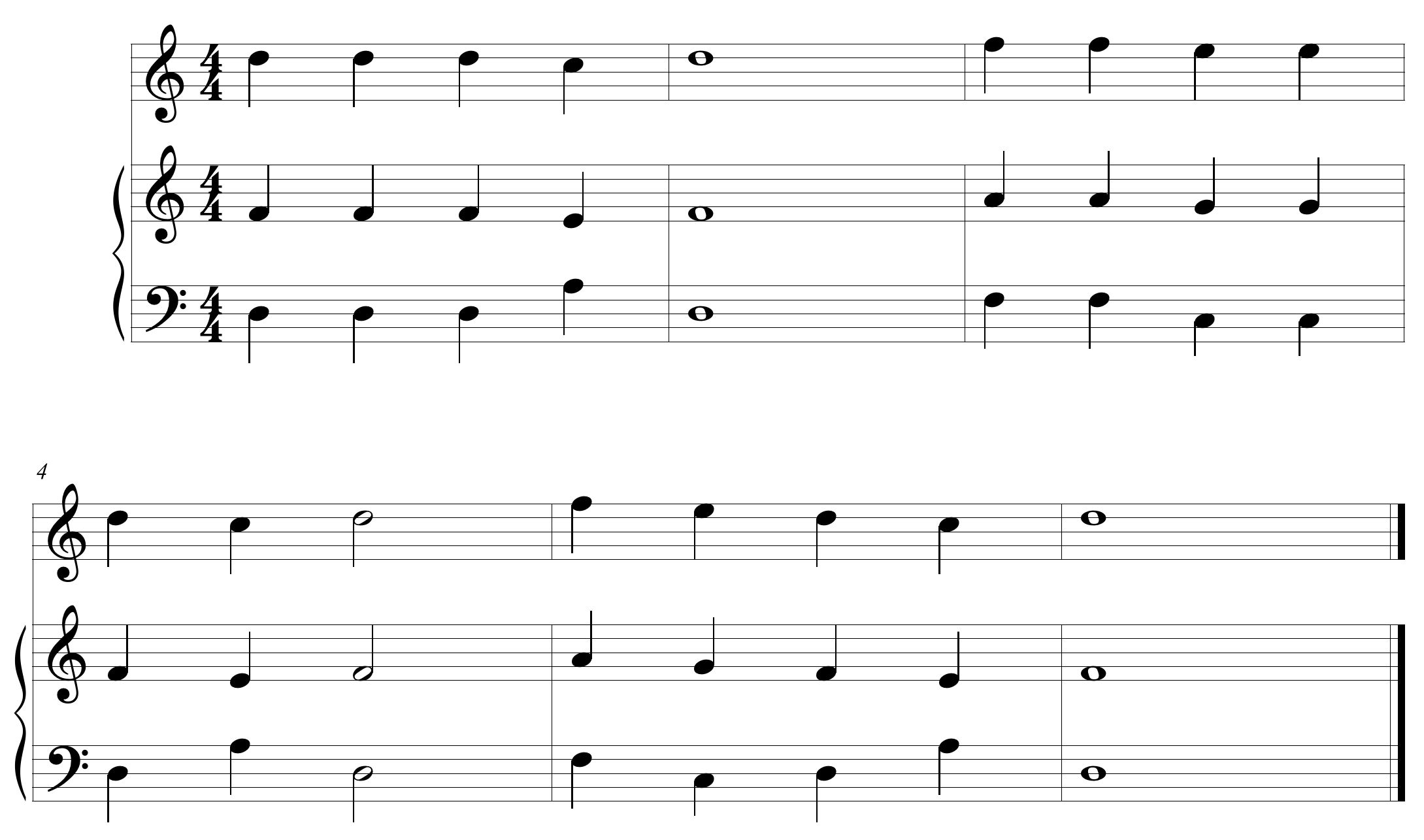Introduction
The Gendai Bible combines the holiness of Scripture with the ancient Japanese form of haiku. Each haiku in the Gendai Bible reflects a chapter of the Bible in the seventeen-syllable phrase that is the tradition of haiku poetry. The Japanese word ‘gendai’ is applied here to indicate that the haiku contained herein is in the more contemporary style of haiku poetry.
“The Japanese term ‘gendai’ simply means ‘modern,’ but in the context of haiku it seems to carry the connotation of something more like ‘avant-garde’ or ‘experimental’ in English.“ – Scott Metz, for ku
By reading the Gendai Bible cover-to-cover, people can gain an overview of the Holy Bible with far fewer words. Hopefully, a person reading the Gendai Bible will be stirred to learn more about the stories presented, and thus seek details contained in the Scripture from which the stories come.
A unique benefit of the Gendai Bible is its use of chant as a way of entering more deeply into God's Word. A person reading the Gendai Bible is encouraged to read, pause, meditate, and then chant the haiku to allow the spirituality of Scripture to inspire thought and peace before moving on to the next one.
Chanting the Bible
Paring down the words of the Bible to breathe and sing deeply the stories and theology, the lessons and aspirations, brings out a spirituality that sometimes gets lost amid the verbiage of the original text. Carving away the complications of thought to reveal an inner essence of each chapter of holy Scripture, and then pausing long enough to chant each haiku, allows the power of the music to reveal a spirituality that may have gotten lost in time, analysis and multiple interpretations. This pausing and chanting reveals the unique inner beauty of the Gendai Bible.
The chant for all of the haikus remains the same:

If groups of people are gathered to chant the haikus, this harmonization can be used:

As you join us in chanting, we invite you to enter into the spiritual dynamics that the ancient monasteries used when singing together to be in a time of prayer. Here are a few things to keep in mind as we chant and pray together.
Unity
We endeavor to chant as a community with one voice. For us, this means blending our many voices into a unity; moderating our singing so that no one voice stands out.
As you chant with us, we ask you to sing with an awareness of the entire circle, each of us moderating our voice, so as to blend with others.
One prayer, many mysteries.
As we gather together in community, our unity is powerful and enriched by the sharing of many gifts and sacraments that create texture, movement, and dialogue in our chanting and prayer. For us, in addition to blending our voices, this means listening attentively to the Scriptures contained in each chant, and reflecting deeply in times of silence. In this way, our richly textured methods of chant and prayer become a simplicity that helps to unite our community.
As you chant with us, please sing the melody line of the chant. If harmony is desired, please use the harmonization provided in this Introduction.
Reflectiveness
Our chanting circle is enriched by the quality of reflectiveness and peace. This quality can also come from a personal silence that we understand is not a lack of participation, but an essential part of chanting in community. It can be a rich silence in which a person can discover that we are one as we sing and pray together.
Thank you for your presence. You are not only welcomed and wanted in our chanting circle, you are needed. Our circle is just not the same without you.
Gendai Bible Online
The Gendai Bible online can be used to search for specific chapters, and to search for words and phrases to explore chapters based on a theme, person or subject. The online Gendai Bible also provides a link to read and hear the music of each chant to assist in singing.